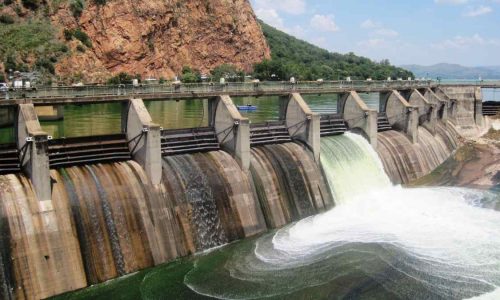Indonesia is grappling with a critical environmental crisis as anthropogenic pressures and diminishing environmental capacity give rise to ecological disasters, triggering social and economic upheavals.
In response to the mounting challenges, a call for political leadership and strategic reforms emerges, emphasizing the need for a shift towards sustainable practices.
The nation has witnessed a surge in severe fires, causing extensive losses, with the 2015 and 2019 fires alone resulting in economic setbacks amounting to billions of dollars. Floods, particularly in low-lying areas, and escalating air pollution in urban centers compound the environmental woes.
Politicians in key positions within Indonesia’s environmental governance framework wield significant authority to address these challenges. The House of Representatives enacts crucial environmental policies, while the executive branch, including the president and regional leaders, translates legislative plans into tangible actions.
Their oversight functions are pivotal for proper resource utilization and environmental protection. Despite their potential for systemic change, politicians encounter formidable challenges.
Corruption in natural resource extraction diverts funds, and the pressures of short political tenures incentivize ephemeral fixes that compromise sustainable solutions. Overlapping jurisdictions, business interests, and the complexities of a multi-party democracy further hinder unified action.
Political stakeholders, including elected representatives and technocrats, play a crucial role in prioritizing environmental management. By integrating science-based sustainability principles into the development agenda, officials can drive pragmatic transitions towards a sustainable future.
Achieving this transformation demands political leaders to transcend short-term electoral cycles and partisan interests. Reforms to electoral rules, campaign finance laws, and voter education can incentivize long-term thinking.
Building multi party coalitions around sustainability, anti-corruption measures, and redirecting campaign financing towards public funding are essential strategies. Investing in environmental education programs and emphasizing sustainability’s link to lasting prosperity can build grassroots voter demand across party lines.
Highlighting sustainability issues with broad appeal, such as public health impacts, disaster resilience, and economic diversification, can create a nonpartisan priority. Political leaders should engage diverse stakeholder groups, including environmental organizations, academics, religious institutions, and youth representatives.
Incorporating local knowledge enhances cultural relevance and builds public trust. Simultaneously, lawmakers must promote investments in research and the development of green technologies to drive Indonesia’s transition to a circular green economy.
As the 2024 general elections approach, public discourse must prioritize environmental sustainability. Voters hold the power to shape the nation’s ecological future, and it is their democratic duty to elect leaders committed to safeguarding the environment.
In navigating these environmental challenges, a collective and sustained effort from political leaders, stakeholders, and citizens alike is imperative for Indonesia’s journey towards a sustainable and resilient future.









